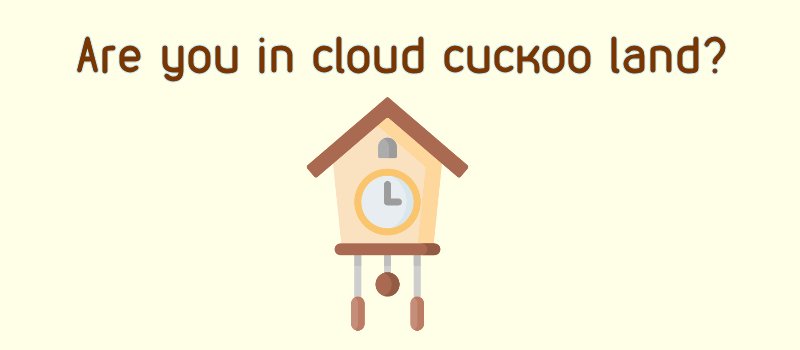Steam trains “chug” (resoplan), and an engine in a car or tractor can chug (traquetear). A chug is a short, dull and perhaps slightly explosive (explosivo) sound that comes from an engine. If you have been to Cologne in Germany, you might have seen barges (barcazas) chugging along the (river) Rhine, and perhaps the same in London, on the River Thames.
Some examples:
- The train was chugging along the track (…estaba soplando por la vía)
- A barge is chugging along the river.
It has another use. Let´s imagine that a mortal were to ask you “How are you”? or “How art thou (= ¿como estas tu?)? One response could be “I am chugging along”. That means that things are OK, or normal, nothing special or terrible. Perhaps in Spanish you might say “me voy tirando”. Life is not a bed of roses (la vida no es un lecho de rosas).
Perhaps you might ask “what is Mr. Morales doing nowadays”? The reply: “He is chugging along in the same job” (sigue tirando en el mismo trabajo). How is business? “Just chugging along” (= nothing special).
Now another use. Examine this sentence:
- Guillermo chugged down his glass of brandy (…se tragó la copa de whisky como si fuera agua), as if it were water This means that he drank it all at once, without a stop.
So, Guillermo often chugs down glasses of whisky, sitting on the deck (cubierta) of his barge while it chugs along the River Rhine. He might tell you that life and business is chugging along.











